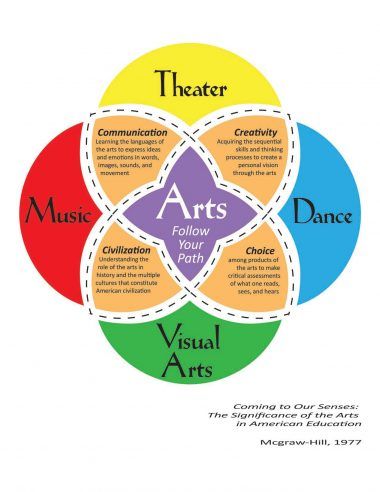In today’s fast-paced world, where technology often takes center stage in schools, the importance of incorporating drama into education cannot be overstated. Drama allows students to explore and express their creativity, develop critical thinking skills, and build confidence. By engaging with dramatic texts, students are able to immerse themselves in different worlds, cultures, and perspectives, broadening their understanding of the world around them.
Developing Communication Skills
One of the key benefits of incorporating drama into education is the development of strong communication skills. Through acting out scenes, students learn to articulate their thoughts and feelings, as well as listen and respond to others. Drama encourages students to use their voices and bodies to convey meaning, fostering effective verbal and nonverbal communication skills that are essential in both academic and real-world settings.
Building Empathy and Understanding
Drama allows students to step into the shoes of different characters and situations, fostering empathy and understanding for others. By embodying diverse perspectives and experiences, students develop a greater appreciation for the complexities of human relationships and emotions. This deeper understanding of others can lead to more compassionate and inclusive interactions both in and out of the classroom.
Fostering Creativity and Imagination
In a world driven by innovation and creativity, the ability to think outside the box is essential. Drama provides students with a platform to unleash their creativity and imagination, encouraging them to explore new ideas, perspectives, and solutions. By engaging in dramatic activities, students learn to take risks, experiment with different approaches, and push the boundaries of their comfort zones, ultimately fostering a culture of creativity and innovation in the classroom.
Boosting Confidence and Self-Esteem
Many students struggle with self-confidence and self-esteem, particularly when it comes to public speaking or performing in front of others. Drama offers a safe and supportive environment for students to step out of their comfort zones, take on new challenges, and showcase their talents. Through rehearsals, performances, and constructive feedback, students build confidence in their abilities, learn to trust themselves and others, and develop a sense of pride and accomplishment in their achievements.
Enhancing Critical Thinking and Problem-Solving Skills
Drama requires students to think on their feet, make quick decisions, and adapt to changing circumstances, all of which are essential skills in the 21st-century workforce. By analyzing characters, motivations, and conflicts, students develop critical thinking and problem-solving skills that can be applied to a wide range of academic and professional situations. Drama also encourages students to work collaboratively, think creatively, and think outside the box, fostering a culture of innovation and excellence in the classroom.
Conclusion
In conclusion, incorporating drama into education is not just about putting on a show or performing for an audience. It’s about empowering students to explore their creativity, develop strong communication skills, build empathy and understanding, foster creativity and imagination, boost confidence and self-esteem, and enhance critical thinking and problem-solving skills. By integrating drama into the curriculum, schools can create a more engaging, inclusive, and dynamic learning environment that prepares students for success in an ever-changing world.


